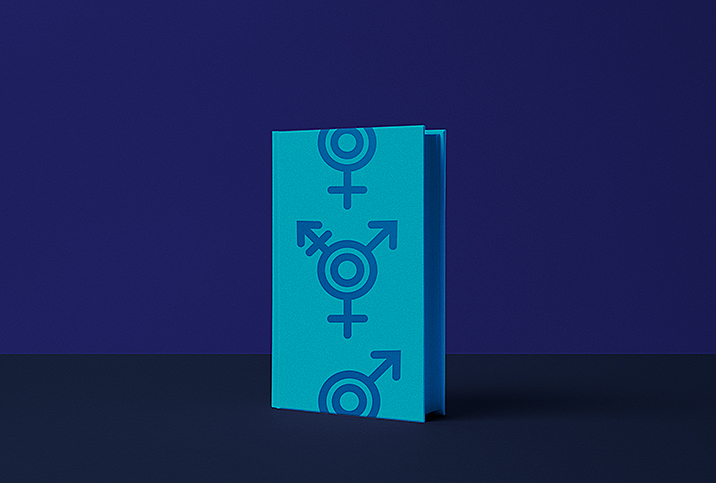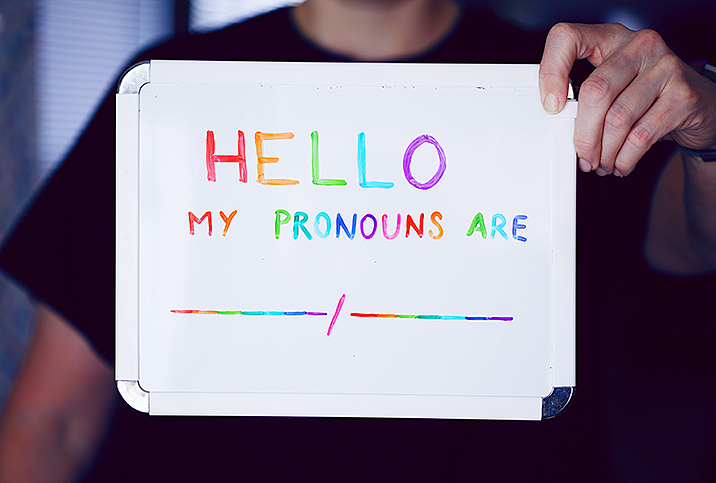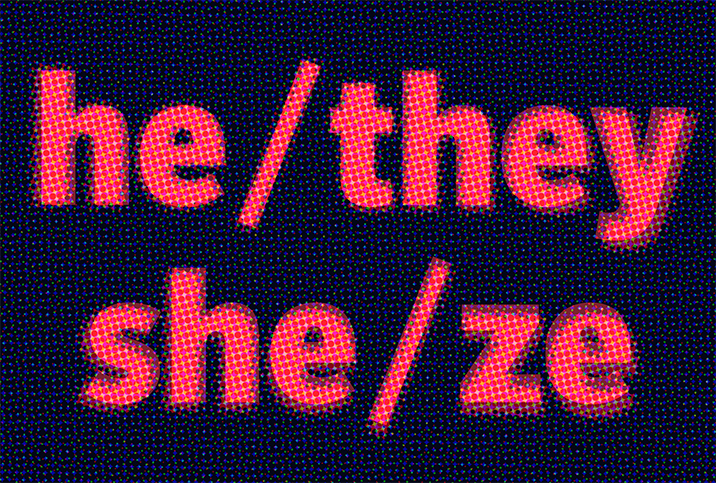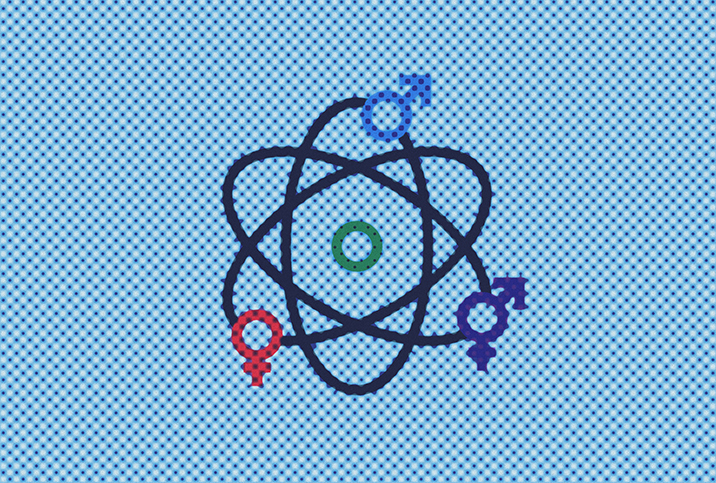The Modern Gentleman’s Guide to Gender Identity in the 21st Century

If there’s a topic in the modern era that creates instant controversy, it’s gender identity. Social media trolls adore this subject, because they know they’ll get impassioned responses and traffic from all sides.
But beyond the trolls who deliberately fan the flames, plenty of other people make honest errors about evolving gender identities. Many of us who aren’t in the center of these worlds don’t yet grasp all the nuances of contemporary gender identity, and mistakes are easily—and not intentionally—made.
So, in the spirit of educating people who genuinely want to learn, and who perhaps might even be an ally to those who face the challenges of living with a nontraditional gender identity, here’s a brief primer on modern gender-identity labels.
But first, a quick disclaimer: This list is not meant to be comprehensive, nor does it pretend to be authoritative. The sands upon which these terms are built are constantly shifting, just as society’s attitudes shift alongside. Please take this in the spirit in which it is intended, one of support toward better understanding.
Gender binary
Many modern discussions about gender are based on one foundational idea: The gender you’re assigned at birth—what’s written on your birth certificate—is not always the gender you feel is most accurate. This idea is closely tied to the concept of the “gender binary,” a term you’ll likely see and hear quite often.
The gender binary is what it sounds like: the notion that there are two genders, male and female. The contemporary understanding is that this binary doesn’t encompass every gender for everyone. Plenty of historical evidence from around the world supports this view, so to a great extent, those of us in America—our thinking on the matter, specifically—are the ones catching up today.
Gender vs. sex
The terms sex and gender are often used interchangeably. But according to evolving modern thought, a person's sex is better understood as the biological characteristics with which a person is born. In contrast, gender is believed to be determined by societal, environmental and biological factors. A common memory device is that sex is what’s in your pants, and gender is what’s in your head and heart.
Gender vs. sexual orientation
According to Gender Spectrum, a top-notch resource for information on gender inclusiveness, gender can be thought of as how we see ourselves. On the other hand, sexual orientation refers to who we find physically, emotionally or romantically attractive. Of course, the two are connected, but you can’t assume one based on the other.
Cisgender (or cis)
The word cisgender comes from the Latin for “this side of,” and refers to people whose assigned gender and personal gender identity match. If doctors said, “It’s a boy,” when you were born, and you still feel like a male today, you’re cisgender.
Transgender
Transgender is a gender-identity umbrella term that means the opposite of cis. It derives from the Latin for “across from” or “on the other side of,” and refers to people whose gender identity doesn’t match the gender they were assigned at birth. Transgender is often shorted to trans.
Some people may get confused between trans men and trans women. To help you remember which is which, think of the target gender. That is, a trans man is a man who was assigned female at birth, whereas a trans woman is a woman who was assigned male at birth.
Nonbinary
This term refers to people who don’t identify with either of the gender binary identities. They may identify partially or not at all with the gender they were assigned at birth, or they may not identify as having a gender in any way.
Intersex
We only mention “intersex” here to point out that it’s not a gender identity, nor should it be used as one under the trans umbrella. Intersex refers strictly to biology: intersex people are born with chromosomal, anatomical or hormonal variances in their physical sex characteristics that do not fit the standard definition of male or female.
As it should be clear by now, gender is separate from sex. You cannot assume that an intersex person has any particular gender because of their sex characteristics.
Conclusions
We can’t stress enough that this isn’t meant to be an all-encompassing list. At best, it’s a brief introductory glossary. Gender and sexuality are incredibly complex subjects for everyone, and can be sensitive and personal to boot. Having some compassion toward people who feel differently than you is always a respectable hill upon which to plant your flag.
Understand that, like you, other people just want to be respected for who they are. Perhaps the least the rest of us can do is to honor the pronouns and identities people use for themselves.
For you, maybe those pronouns are just words. To someone else, it’s important to their identity—one they’ve likely struggled with all their lives.


















